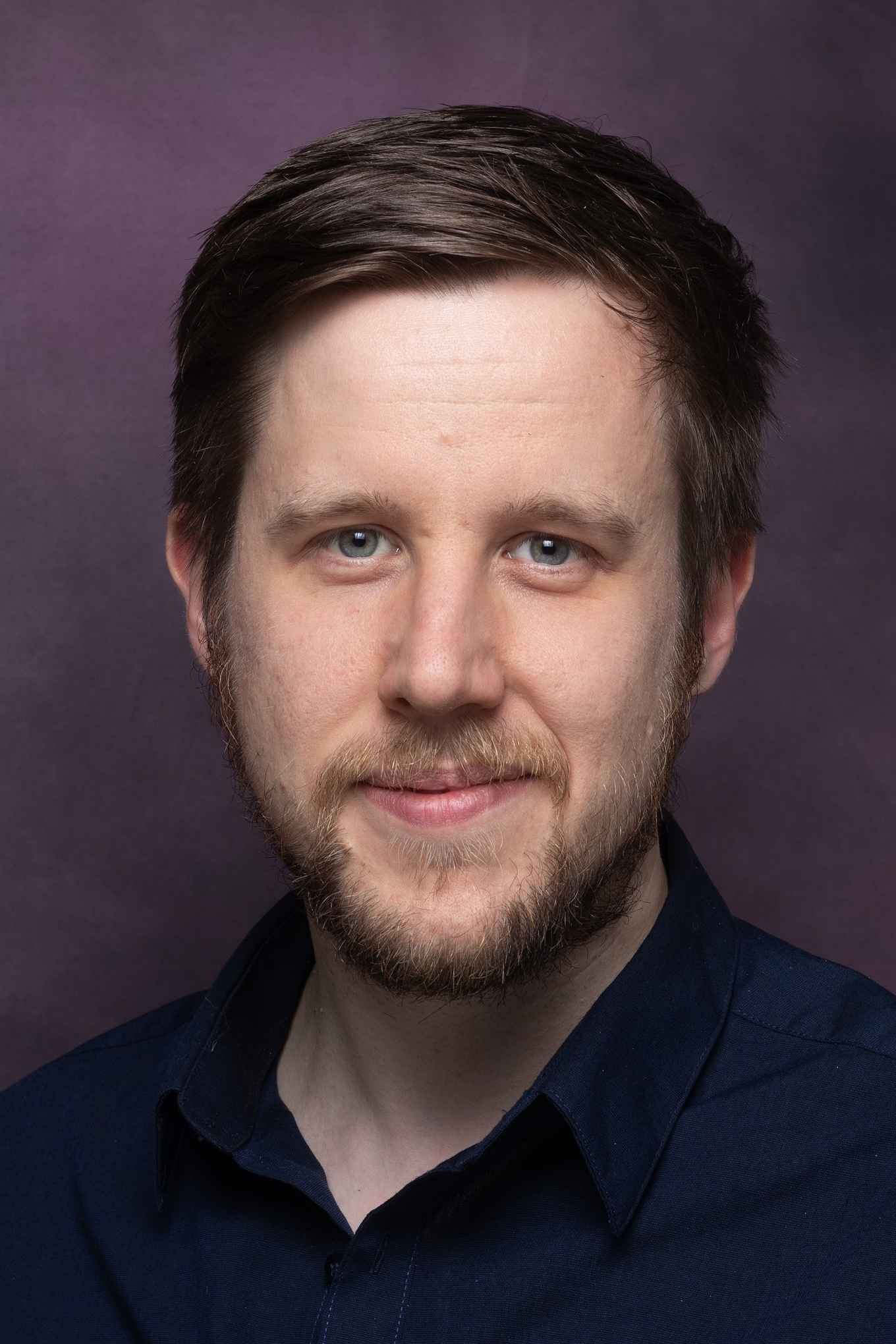Tenure track position for analytical chemist Bob Pirok
2 April 2019

After obtaining his MSc degree in 2014 and prior to becoming a PhD student in 2015, Bob Pirok worked at Shell. He received a string of international recognitions, including a Shimadzu Young-Scientist Award at HPLC2015 Beijing, the Young-Scientist-Award Lecture during the SCM-8 meeting in Amsterdam in 2017, the Csaba Horváth Young-Scientist Award at HPLC2017 Prague, the Journal of Chromatography Award during the ISCC Conference in Riva de Garda in 2018, and the SCM Award at the SCM-9 meeting in Amsterdam in 2019.
MAnIAC
Bob Pirok conducted his PhD research at HIMS in the context of the MAnIAC project (Making Analytical Incompatible Approaches Compatible). His thesis features 14 peer-reviewed papers and he was awarded his PhD degree with the distinction cum-laude. One of the most significant contributions is the development of reaction modulators. An example is the immobilized-enzyme reactor which allows on-line digestion of fractionated molecules for subsequent analysis of the digested components.
By incorporating such advanced reaction modulators in multi-dimensional analytical separation systems, Bob has paved the way for a whole new generation of instruments and methods. He has already applied these to relevant problems, such as a study on the extent of dye degradation in 17th and 19th century textiles, and studies into the size and composition of polymeric nano-particles encountered in coatings and drug-delivery systems. In his future work, Bob will continue to address these application fields, but many other challenges from science and society are within reach of the new technology.
Chemometrics and artificial intelligence
There is, however, a significant disadvantage of the complex new analytical technology: Method development becomes extremely complex and time consuming. Adding to this, the analysis of large amounts of complex data needs to be addressed. Pirok’s research therefore also focuses on algorithms and software to facilitate these processes, using the latest tools from chemometrics and artificial intelligence.
Read more on Bob Piroks research at his website.
Visit the website of the Centre for Analytical Sciences Amsterdam (CASA) that combines the expertise of the analytical chemistry groups from the University of Amsterdam and Vrije Universiteit Amsterdam.